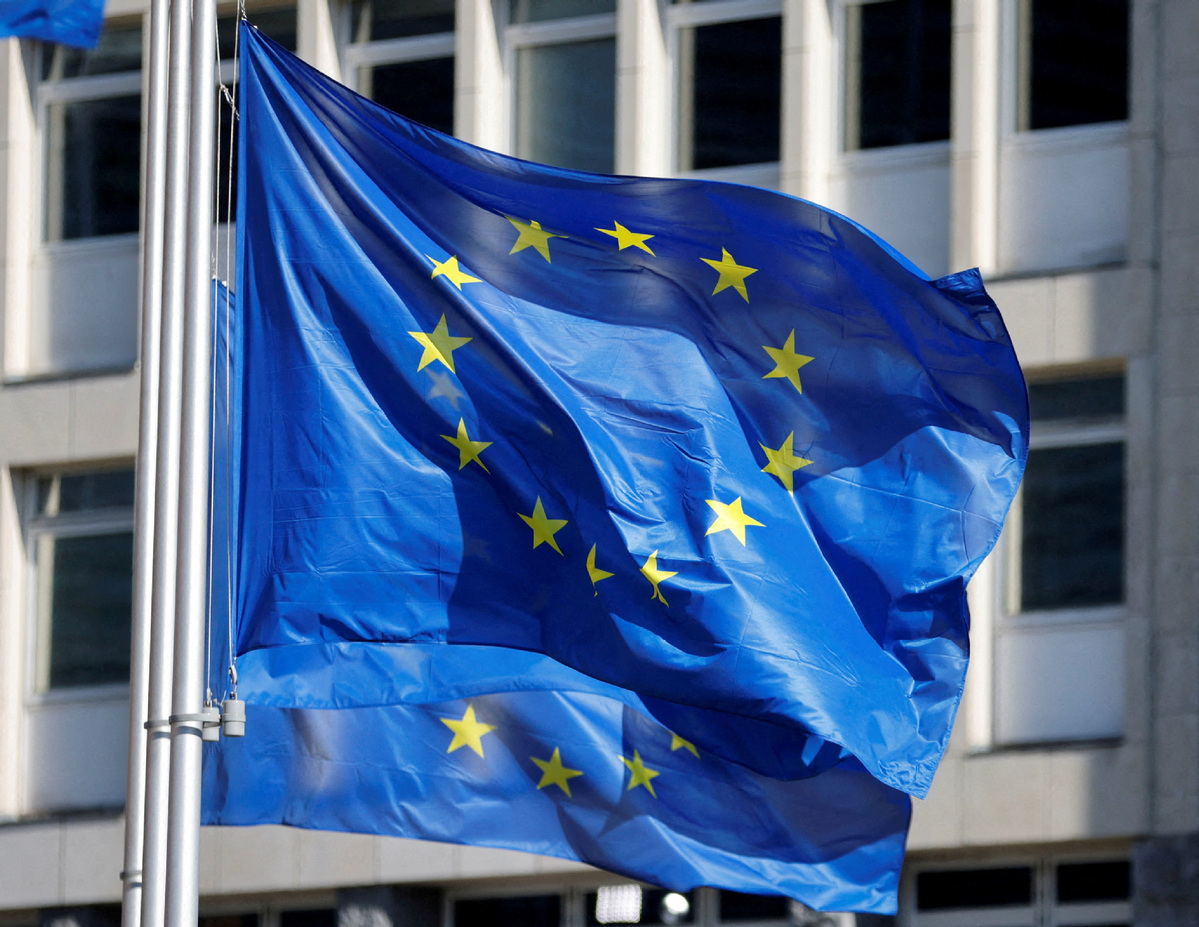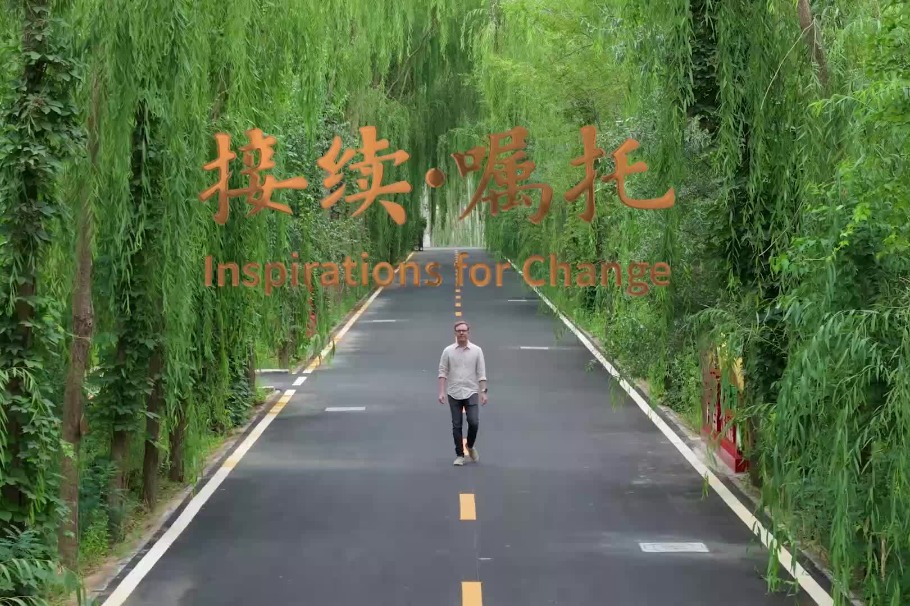EU elections to reflect growing public frustration


Citizens of the 27 European Union member states are casting their votes this week in elections that will influence the future direction of the bloc, which is being haunted by the Russia-Ukraine conflict, rising living costs and the controversial migration policy, to name just a few.
The fact that so many Europeans, including young people, have been turning to far-right parties indicates a kind of despair among them. Extreme and far-right parties have already won elections in some countries and are expected to gain more seats in the next European Parliament.
There has been much talk about how to fight against those far-right parties or even outlaw them, but not enough discussions have been held on what exactly went wrong, causing such a seismic political shift in some countries.
On Wednesday, when I posed this question to a panel of youngsters discussing the coming elections, some pointed to the deep frustration caused by the rising living costs. Like all economies in the world, the EU, too, emerged from the COVID-19 pandemic hoping to expeditiously revive its battered economy. But the Russia-Ukraine conflict and geopolitics have largely derailed such efforts.
The EU has imposed 13 rounds of sanction on Russia to "cripple" the latter's economy, and it has been discussing a 14th round of sanctions. But by imposing the sanctions, the EU has also shot itself in the foot — at least on the economic front.
The European Commission's 2024 Winter Economic Forecast says economic activity in 2023 increased by only 0.5 percent in both the EU and eurozone, and the growth forecast for this year has been revised down to 0.9 percent for the EU and 0.8 percent for the eurozone.
Studies show that the attempts to rid the EU of its dependence on Russian oil and gas has resulted in skyrocketing energy prices in many countries.
The EU policy and the sabotaging of the Nord Stream pipeline made the US the largest liquefied natural gas supplier to the EU in 2023 — LNG imports from the United States account for half of the EU's total LNG imports and at much higher prices than Russian gas. That has blunted the competitiveness of the EU's manufacturing industries, especially in countries such as Germany.
The decision to support and arm Ukraine against Russia means EU leaders are no longer paying enough attention to the concerns of ordinary citizens of the EU states. Now, how to boost the EU's defense industry has become a priority according to European Commission President Ursula von der Leyen.
On Tuesday, von der Leyen posted on X(formerly Twitter) a message from her visit to Finland, where she praised the Nordic country for having more than 50,000 air raid shelters and said she would promote this in other member states during her second term.
While there is no guarantee that she will win a second term, the tweet reflects dangerous thinking: that the Ukraine crisis should continue as long as the last Ukrainian is standing. To me, such thinking is exactly why the Russia-Ukraine conflict has not ended but, instead, escalated. Worse, if you push for the de-escalation of hostilities through a cease-fire or diplomacy, you will be accused of appeasing Russia.
But how can the conflict be brought to an end and lasting peace restored without involving Russia? Unfortunately, the "peace conference" in Switzerland to find ways to end the Russia-Ukraine conflict is trying to do exactly that.
At the same time, some EU politicians have been heavily influenced by Washington which wants to use and abuse the EU in its geopolitical rivalry with Beijing in a bid to maintain its global hegemony by dividing the world into political blocs.
The multiple challenges the EU faces are a chain reaction of the bloc's many policy blunders in the past years. Hopefully, people in the EU will make their voices heard loud and clear in this week's elections to chart a new course.
The author is chief of China Daily EU Bureau based in Brussels.
chenweihua@chinadaily.com.cn
































